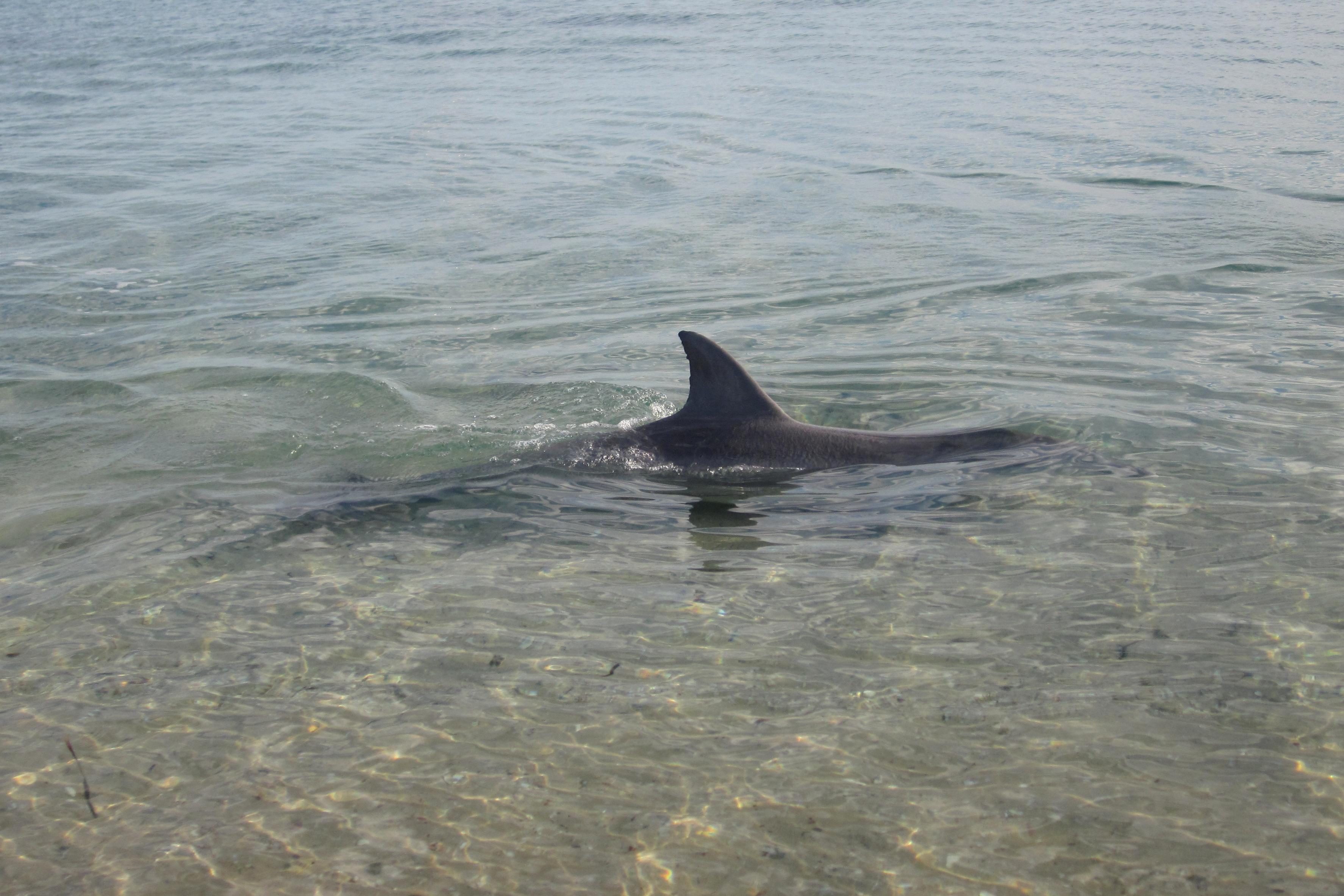Oxygen. You and I need it, and so do the fish in our planet’s oceans.
Unfortunately for the fish, there’s a little less oxygen in the oceans every year, according to a new study.
Climate scientists have long suspected that a warming planet would lead to the loss of oxygen in the ocean, because cold water can hold more dissolved gas than warm water. In an analysis published last week in Nature, three researchers from the GEOMAR Helmholtz Centre for Ocean Research in Kiel, Germany found that the ocean has lost about 2 percent of its total oxygen since 1960. However, some parts of the ocean are suffering more than others.
“Losses were especially notable in the northern Pacific Ocean and southern Atlantic,” noted Ryan F. Mandelbaum, a science writer at Gizmodo, on Feb. 15.
Oxygen loss combined with pollution is creating a growing number of oceanic “dead zones” where little or no marine life exists, and scientists believe the effects could be devastating.
“A two percent decrease of ocean oxygen content may not sound like much, but the implications of this for marine ecosystems could be severe in parts of the ocean where oxygen is already low, such as oxygen minimum zones … because critical survival thresholds may be crossed,” wrote Denis Gilbert, an ocean climate researcher at the Maurice Lamontagne Institute of Fisheries and Oceans Canada in a response to the study.
If current models are accurate, these results could be the precursor to even more rapid loss of oxygen.
PROOF Climate Change Is Choking The Oceans & Trump’s EPA Will Make It Much Worse
